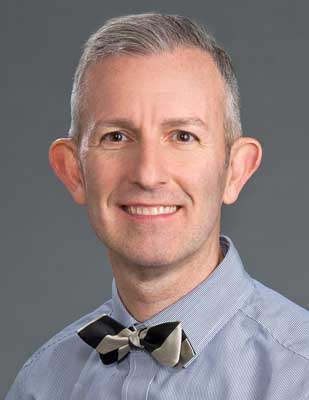 Scott Rhodes, PhD
Scott Rhodes, PhD
Dr. Scott D. Rhodes is a Professor in the Department of Social Sciences and Health Policy in the Division of Public Health Sciences at Wake Forest School of Medicine. Dr. Rhodes’ research focuses on the integration of community development and health promotion and disease prevention interventions in both rural and urban communities. Specifically, his research explores health disparities among vulnerable communities, including access to services, sexual health, substance use, and obesity. He has extensive experience in community-based participatory research (CBPR); qualitative data collection and analysis techniques; the design, implementation, and evaluation of prevention interventions; community capacity development; the application of behavioral theory; evidence-based lay health advisor (LHA) and social network approaches; the exploration of socio-cultural determinants of health; and Internet intervention development, implementation, and evaluation. He served as PI during the development, implementation, and evaluation of the HoMBReS intervention, an intervention recognized by the US CDC as the first best-evidence community-level intervention to increase condom use and HIV testing among Spanish-speaking men.